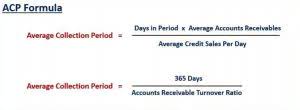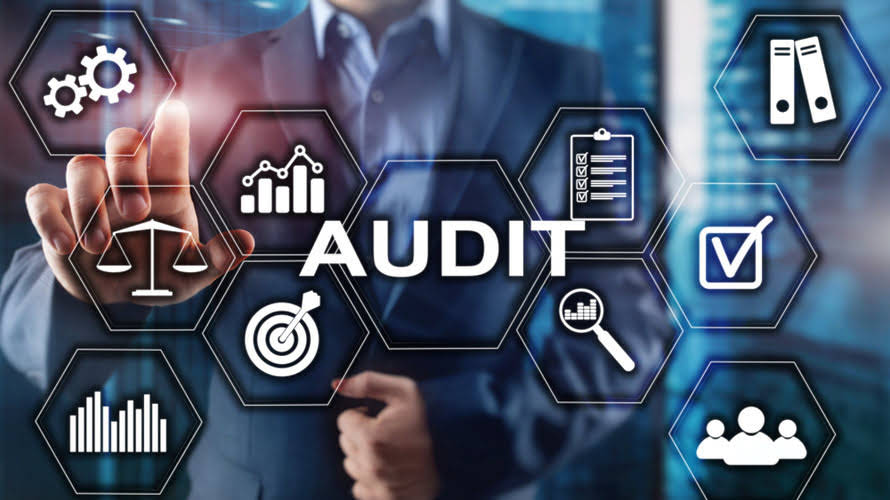
Managing payables involves tracking and paying bills to suppliers, service providers, and vendors. On the other hand, receivable management includes invoicing guests and tracking payments for room stays, events, hotel accounting and services. Timely management of payables and receivables maintains healthy cash flow and vendor relationships. Another challenge lies in the diverse range of revenue streams within the industry.
By following these basic hotel and restaurant accounting tips, it’s easy to take the reins and manage your accounting in-house with the help of your management team. Plus, with the help of your POS and an accounting system, you can ensure that your business’s financial records are accurate and up-to-date. This will empower you to make informed decisions about your business and ultimately drive growth and profitability. From bookkeeping to budgeting, preparing financial statements, paying invoices and managing payroll, there’s a lot to consider when it comes to hotel and restaurant accounting. As a result, there are a number of accounting software tools that can help automate and streamline these processes, allowing venue owners to focus on growing and improving their business. You can’t run any type of business without a good understanding of your finances, and that includes the hospitality industry.
Benefits of Outsourcing Your Hospitality Business’s Accounting Needs
With the right software and smart integrations that easily connect with your PMS, you can make this task more manageable. We’ve looked at some of the software that can help, but most importantly, having a knowledgeable professional in charge of this important realm of the business is fundamental. A cost accounting staff can offer impressive benefits by figuring the productivity of different items. The spaces of examination may change consistently, so the executives can see various parts of the business, with an accentuation on working on monetary outcomes.

Otherwise, losing one or two key team members could cripple your accounting department. The cash method involves recognizing revenues when you receive payments and deducting expenses when you pay them. It’s generally easier to implement, but it’s also the less accurate of the two. As a result, everything from maintaining organized, accurate financial records to analyzing operational data for decision-making purposes becomes significantly more difficult.
Integrate your POS with your accounting system
This should include all types of transactions that’ll flow in and out of your business that you’ll need to track and report on, such as income from sales and expenses like rent and payroll. By accurately tracking your business’s financial data, you’ll be confident in your compliance with tax laws and regulations and be ready to provide any essential information during an audit. In addition to accounting for small businesses, you can take advantage of our team of financial experts, including tax professionals, when you choose comprehensive financial management with FinancePal. Accounting is highly significant to hospitality industry because it enables you to gain deep insights into the financial status of the business. Using the real time reporting of financial activities, you are regularly updated about what is going on with your business.
- Alongside your bookkeeping reports and tracking your revenue and expenses, there are several other important numbers to keep an eye on to ensure your business is on track to remain profitable.
- These variations affect hotel pricing strategies, and as a result, revenue and expenses can vary significantly throughout the year.
- However, they must also keep a close eye on occupancy rate, ADR, rooms sold, operating expenses, room revenue, RevPar, and other key hotel metrics in order to ensure that the operations are as profitable as possible.
- Market trends and historical data are excellent sources if they’re available to hotel accountants.
- They can be used for financial models to help executives make future decisions and projections.
- If this all seems overwhelming, you should know that you’re not left to your own devices.
These involve taking steps like confirming room statuses, posting room charges, and preparing financial management reports. For them to do so effectively, you can’t lump your hotel’s activities together. It obscures the numbers relevant to individual income streams, and hotel managers need more specific accounting data than revenue and expense totals. All businesses in the United States follow the same fundamental accounting principles, but their application varies between industries.
